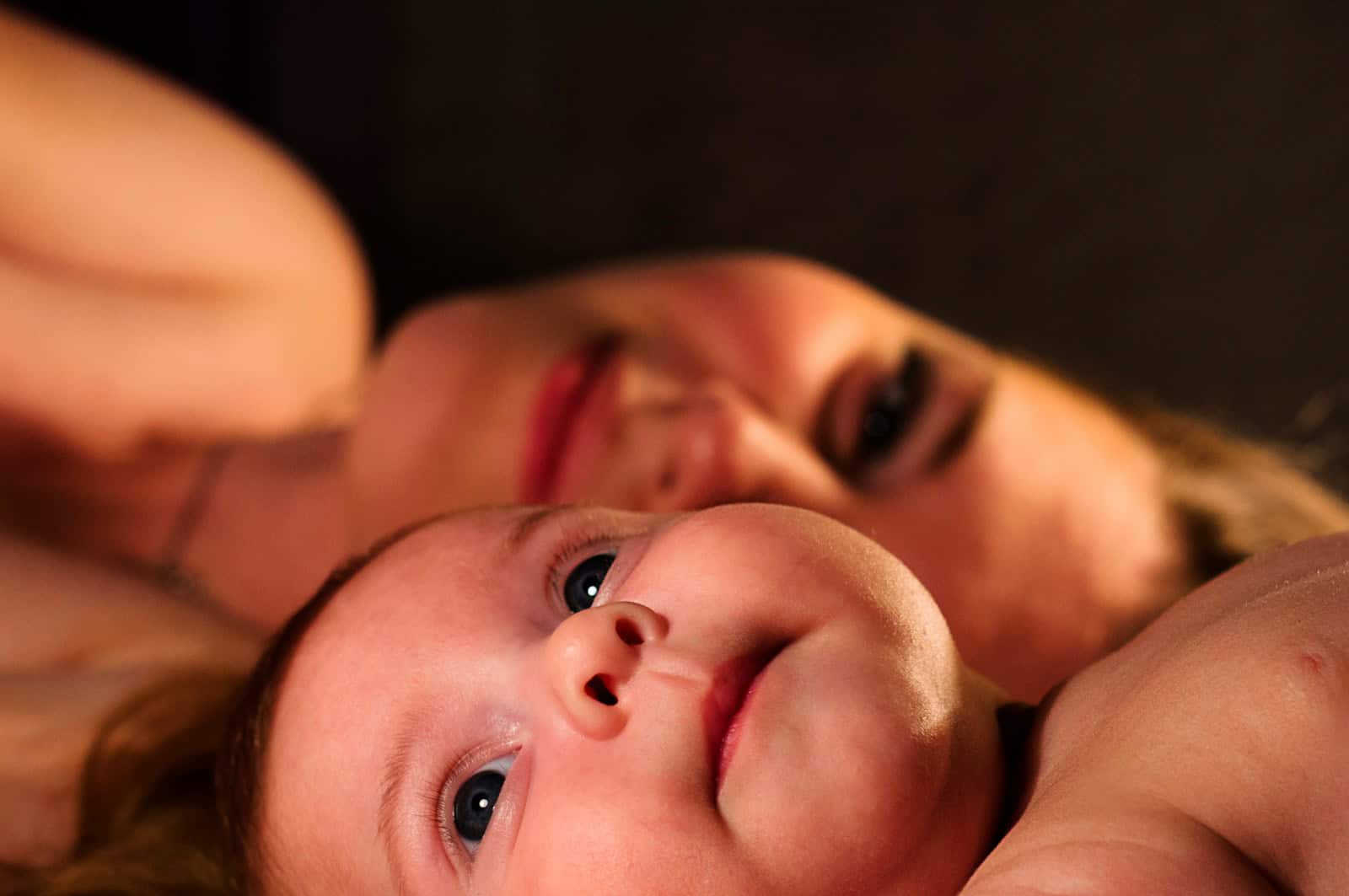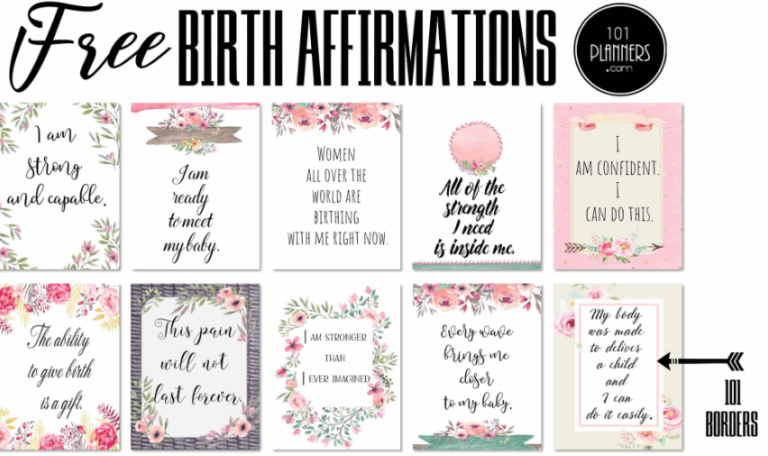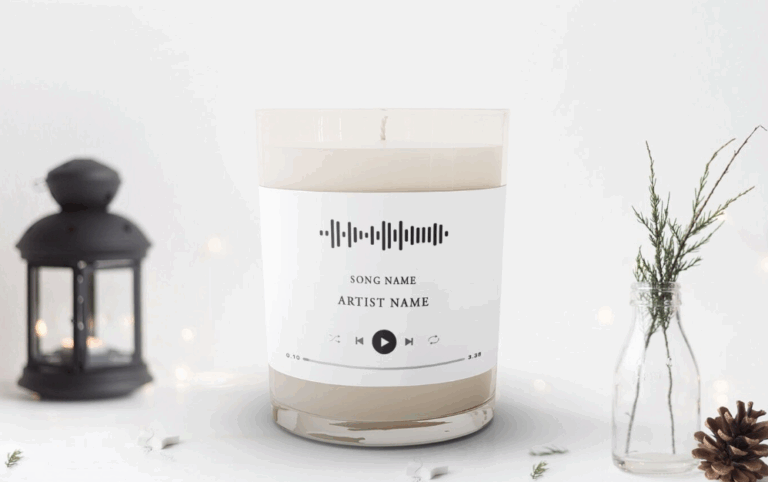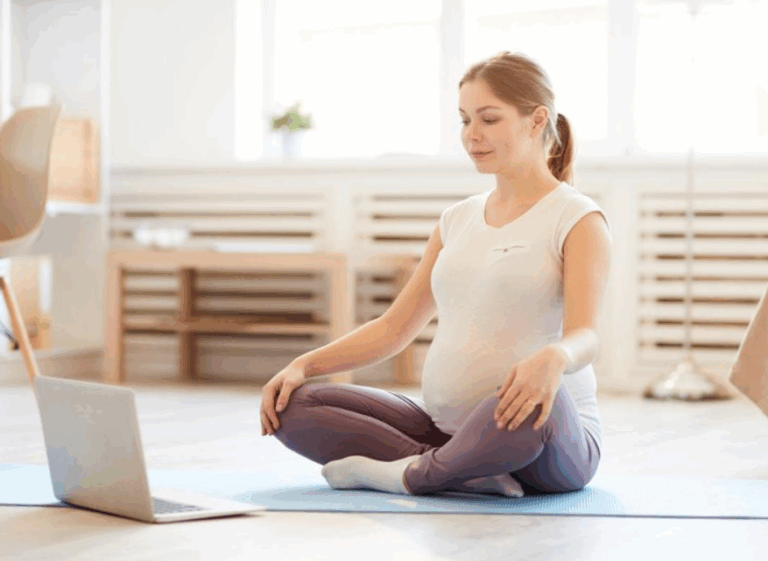Baby Blues vs Postpartum Depression: Midwife Insights & Real Support Tips
Having a baby can be the most beautiful moment and also the most overwhelming. Many new moms feel sad, anxious, or tearful. But how do you know if it’s just the “baby blues” or something more serious like postpartum depression?
Let’s dive into real midwife insights, learn about signs to watch for, and explore real products that support emotional recovery naturally.
Why Midwife Guidance Matters
Midwives see what’s beyond medical charts; they see you.
They spend time listening, asking about mood, sleep, and how you feel, and helping spot emotional changes early.
With experience supporting thousands of mothers, midwives bridge the gap between clinical care and daily emotional well-being.
They help families notice the difference between normal hormonal mood swings and serious depression that needs treatment.
Baby Blues vs Postpartum Depression: What’s the Difference?
Most new moms (around 70–80%) feel “baby blues” within the first week after birth. It feels like:
-
Tearfulness without a clear reason
-
Mood swings
-
Irritability
-
Feeling overwhelmed
These feelings usually peak around day 3–5 postpartum and fade within two weeks.
Postpartum depression, however, is different:
-
Lasts more than two weeks
-
Deeper sadness or emptiness
-
Loss of interest in daily life or bonding with baby
-
Feelings of guilt or worthlessness
-
Possible thoughts of self-harm or of harming the baby
Midwives explain it’s not about “being strong enough.” It’s a real medical condition needing real support.
Signs Midwives Encourage Families to Watch
-
Mood stays low beyond two weeks
-
Anxiety feels overwhelming
-
Difficulty sleeping, even when the baby sleeps
-
Changes in appetite
-
Trouble connecting with baby
-
Feeling hopeless, numb, or very guilty
If these appear, midwives recommend immediate check-ins with a healthcare provider and mental health specialist.
Benefits of Midwife Support
-
Early Detection: Midwives see you often and notice small mood shifts.
-
Safe Conversation: Non-judgmental space to share fears.
-
Whole-Family Focus: Support for both mom and partner.
-
Referral Network: Help connect you to counselors or therapists.
-
Natural Coping Strategies: Advice beyond medication (nutrition, self-care, bonding activities).
Natural Ways Midwives Suggest to Support Emotional Recovery
Midwives don’t promise magic cures, but share evidence-based tips:
-
A balanced diet, with iron & B vitamins
-
Short daily walks or gentle exercise
-
Mindfulness & breathing techniques
-
Support groups & postpartum classes
-
Keeping realistic expectations and accepting help
Real Products Midwives Recommend to Support Emotional Wellness
Here are five real products, trusted by professionals & new moms alike:
1. Pink Stork Total Postnatal Vitamin
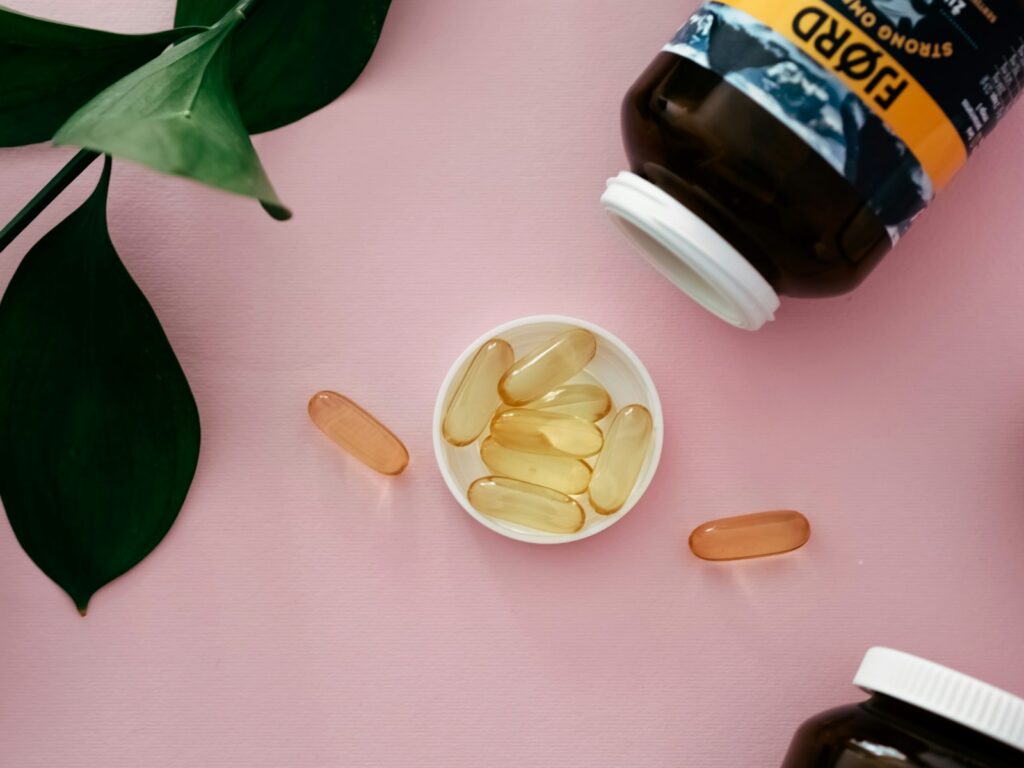
Insert image of the product format
Buy from the brand site: Pink Stork
Details & Use Cases:
-
Includes iron, vitamin D, and B complex
-
Supports hormonal balance and energy
-
Easy to take with food
Benefit: Balanced nutrition helps reduce fatigue and mood dips linked to deficiencies.
2. Hatch Mama Nipple + Lip Rescue Balm
Small self-care, big mental comfort
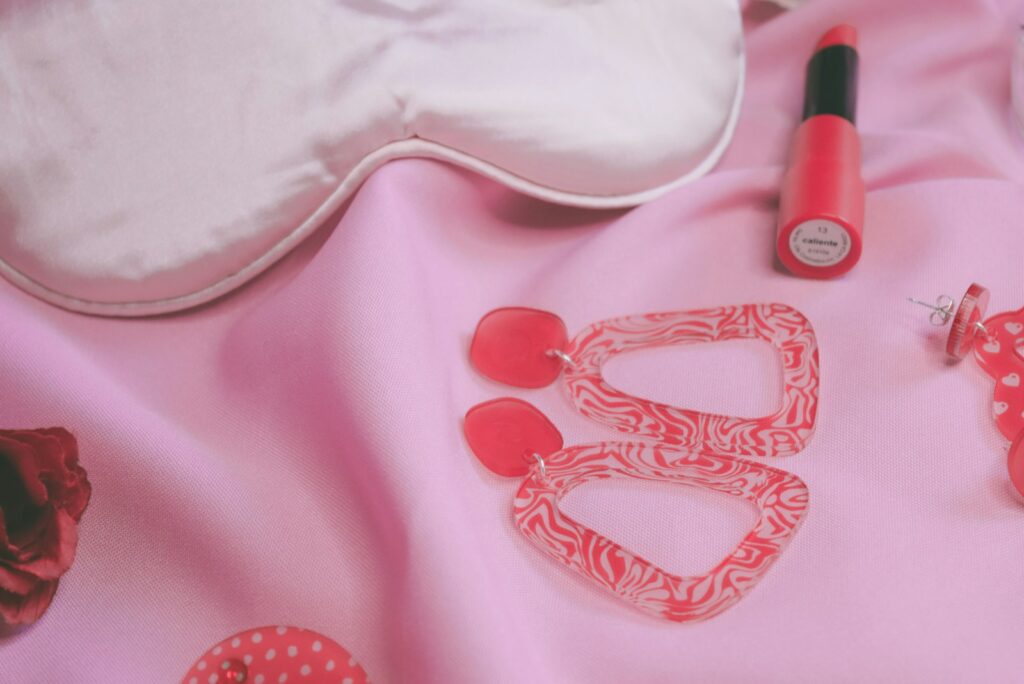
Buy from the brand site: Hatch Collection
Details & Use Cases:
-
Natural oils soothe dryness
-
Light lavender scent supports relaxation
-
Pocket-sized comfort on tough days
Benefit: Simple self-care moments can lift mood and calm anxiety.
3. Earth Mama Organic Peaceful Mama Tea
Herbal tea to relax the mind and body
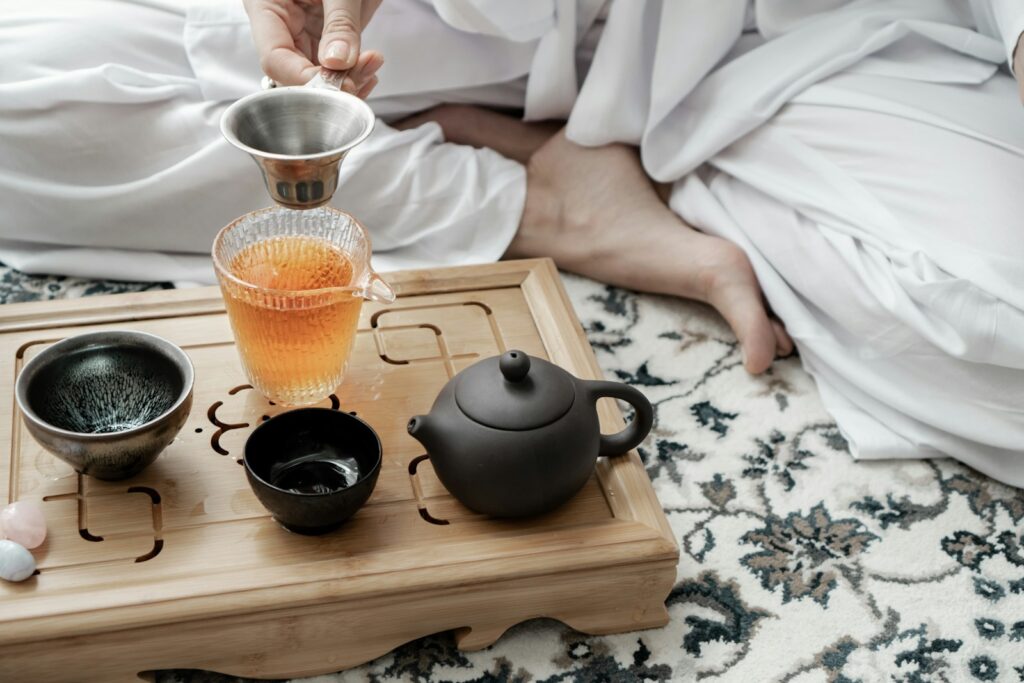
Buy from the brand site: Earth Mama
Details & Use Cases:
-
Calming blend with chamomile & lemon balm
-
Naturally caffeine-free
-
Enjoy hot or iced anytime
Benefit: Daily ritual to pause, breathe, and recharge emotionally.
4. The Positive Postpartum Deck
Cards with affirmations & prompts
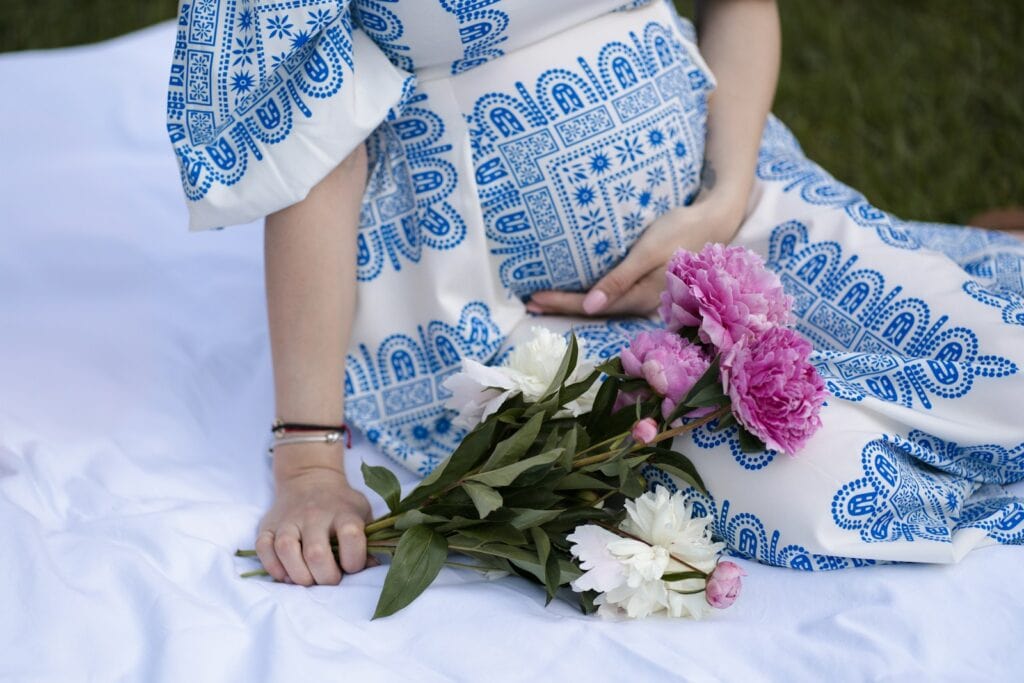
Buy from the brand site: Promptly Journals
Details & Use Cases:
-
Short, uplifting messages
-
Guided journaling prompts
-
Encourages gratitude and reflection
Benefit: Supports daily mindset shifts and reduces anxiety.
5. Frida Mom Postpartum Recovery Essentials Kit
Physical comfort improves mental comfort

Buy from the brand site: Frida
Details & Use Cases:
-
Ice packs, perineal foam, and mesh underwear
-
Focuses on body healing
-
All-in-one kit
Benefit: Eases physical pain so moms can focus on emotional recovery.
How These Products Help in Real Life
-
Vitamins: Fill nutritional gaps that worsen fatigue & mood swings.
-
Tea & balms: Create quiet moments to breathe and ground yourself.
-
Affirmation deck: Reframes negative self-talk.
-
Recovery kit: Reduces discomfort, encouraging rest and bonding.
Combined with midwife-led care, they support both mind and body.
Why Moms Love Using Them
-
Safe, natural, and gentle
-
Affordable, easy to order online
-
Fit daily routines, even with a newborn
-
Feel like small acts of self-care, not medical chores
How to Buy & Where to Find Them
Buy directly to ensure authenticity:
✅ Tip: Order before birth or in the last trimester, so it’s ready when emotions peak.
Buy Pink Stork Postnatal Vitamin
Buy Hatch Mama Balm
Buy Earth Mama Tea
Buy Positive Postpartum Deck
Buy Frida Mom Recovery Kit
FAQ
Q: Is postpartum depression the mom’s fault?
A: No, it’s hormonal, psychological, and medical. Asking for help shows strength, not weakness.
Q: Can these products replace therapy or medication?
A: No. They support recovery, but professional help is essential if symptoms persist or worsen.
Q: When should I call my midwife?
A: Anytime mood stays low beyond two weeks, or sooner if you feel hopeless, numb, or think of harming yourself or your baby.
